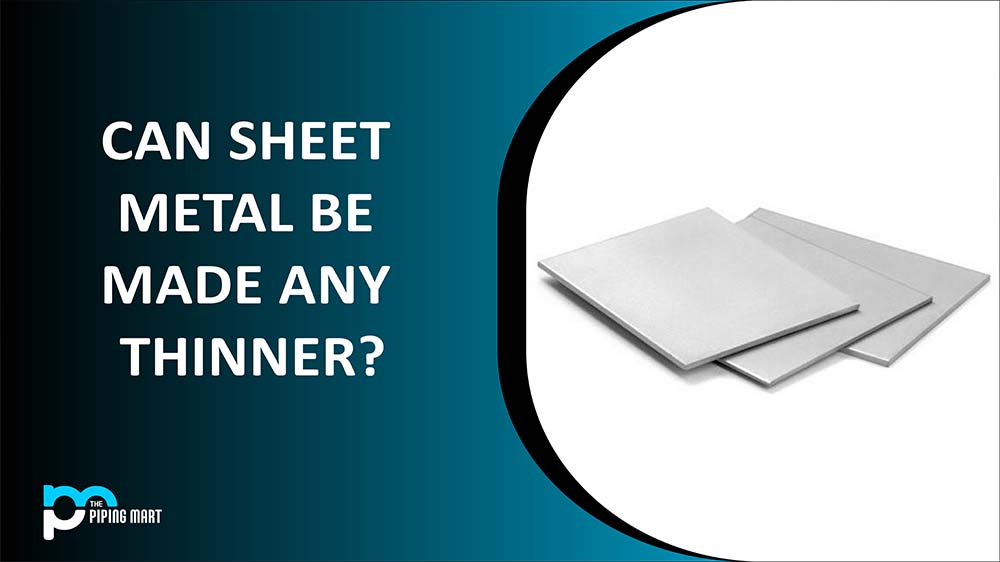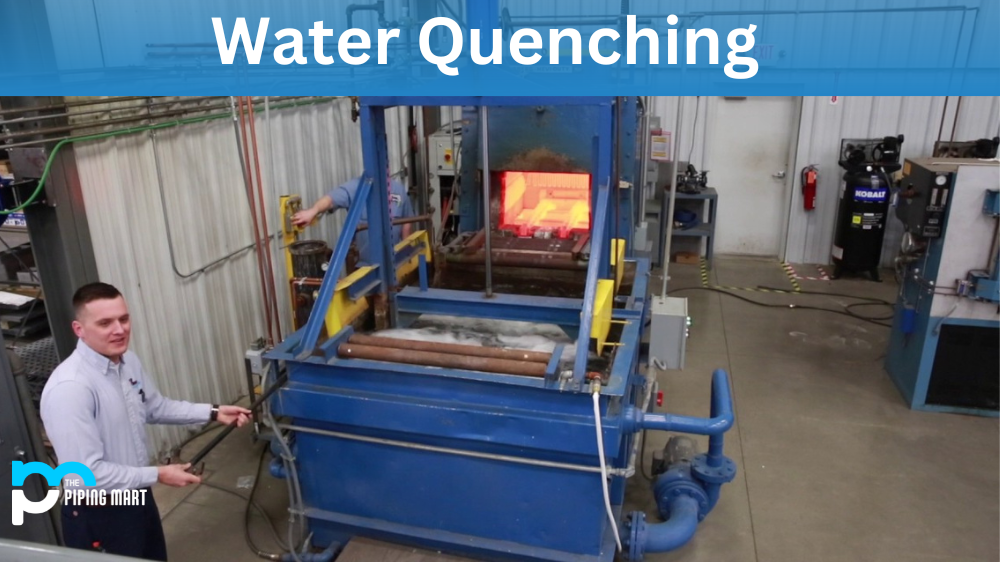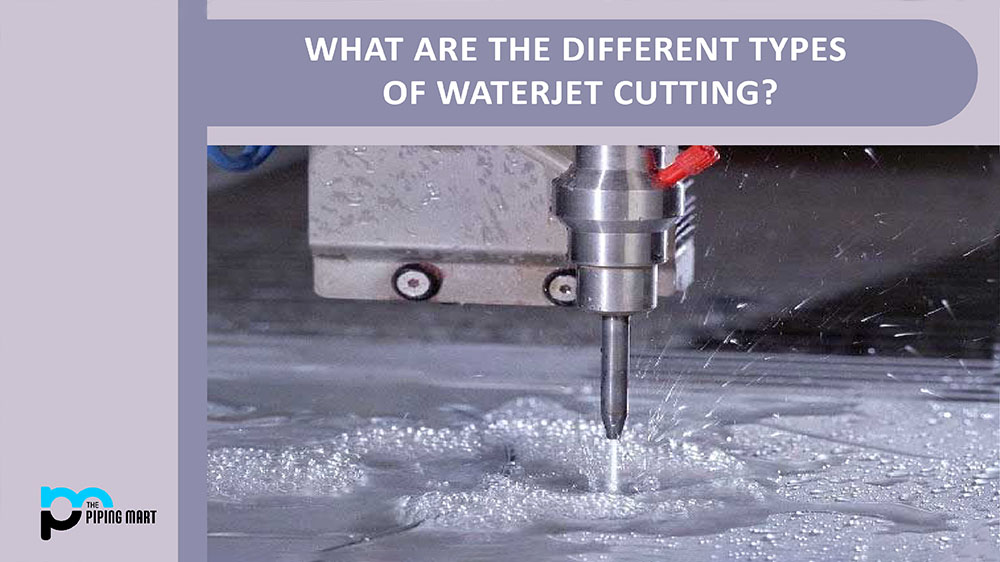Zinc plating and hot dip galvanizing are two of the most popular methods for protecting metal surfaces from corrosion. While both processes provide long-term protection against corrosion, they differ in cost, longevity, and application. So which one should you choose for your project? Let’s take a look at the differences between the two processes.
Zinc Plating
Zinc plating is a process that involves electrochemically bonding zinc to the surface of a metal substrate to protect it from corrosion. This process is ideal for smaller items such as screws or nuts because it can be done quickly and inexpensively. The downside to this process is that the zinc coating is relatively thin and, therefore, less durable than other coatings, such as hot dip galvanizing. Zinc plating is a process in which a thin layer of zinc is applied to a metal surface to protect it from corrosion. The zinc acts as a barrier between the metal and the environment and will corrode before the underlying metal does. Zinc plating is often used on steel parts exposed to moisture or other corrosive elements.
Hot Dip Galvanizing
Hot dip galvanizing is a process in which a layer of molten zinc is applied to the surface of a metal substrate to protect it from corrosion. This process provides a durable coating that can last for decades with minimal maintenance or upkeep required on the user’s part. This makes it ideal for larger projects such as bridges or buildings where long-term protection against corrosion is paramount. The downside to this process is that it can be quite expensive compared to other protective coatings, such as zinc plating. Hot dip galvanizing is a process in which a metal object is dipped into molten zinc to coat it with a layer of zinc. This process is often used on steel objects exposed to moisture or other corrosive elements. Hot dip galvanizing provides a thicker layer of protection than zinc plating and is, therefore, more durable.
Difference Between Zinc Plating and Hot Dip Galvanizing
- Zinc plating is a process in which a thin layer of zinc is applied to a metal surface in order to protect it from corrosion.
- Hot dip galvanizing is a process in which a metal surface is coated with a layer of zinc.
- Zinc plating is typically used on smaller metal objects, such as hardware or automotive parts.
- Hot dip galvanizing is typically used on larger metal objects; such as fences or pipes.
- Zinc plating is less expensive than hot dip galvanizing.
- Hot dip galvanizing provides a more durable finish than zinc plating.
Advantages of Zinc Plating
One advantage of zinc plating over hot dip galvanizing is that it is less expensive. Additionally, zinc plating can be used on smaller objects than hot dip galvanizing, as the objects do not need to be dipped into a vat of molten zinc.
Advantages of Hot Dip Galvanizing
One advantage of hot dip galvanizing over zinc plating is that it provides a thicker layer of protection against corrosion. Additionally, hot dip galvanizing is more durable than zinc plating and will not need to be replaced as often.
Disadvantages of Zinc Plating
One disadvantage of zinc plating is that it does not provide as much protection against corrosion as hot dip galvanizing. Additionally, zinc plating can be less durable than hot dip galvanizing and may need to be replaced more often.
Conclusion:
It’s essential to consider both processes when deciding which is best for your project. Zinc plating may be more affordable, but its thinner coating may not provide adequate protection against corrosion over time. In contrast, hot dip galvanizing offers superior durability but at a higher price point. Ultimately, it will come down to budget constraints and how much protection you need from corrosion before deciding which option works best for you. No matter what you choose, both processes offer excellent options for protecting metal surfaces from corrosion, so make sure you research before making your decision!
Sakshee is a talented blogger, with a particular focus on the Business and Metal Industry. She is passionate about sharing her insights on various metal products and helping professionals to make a better decisions.




